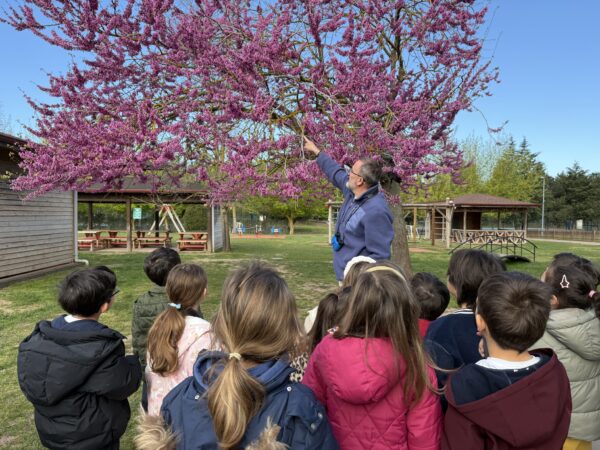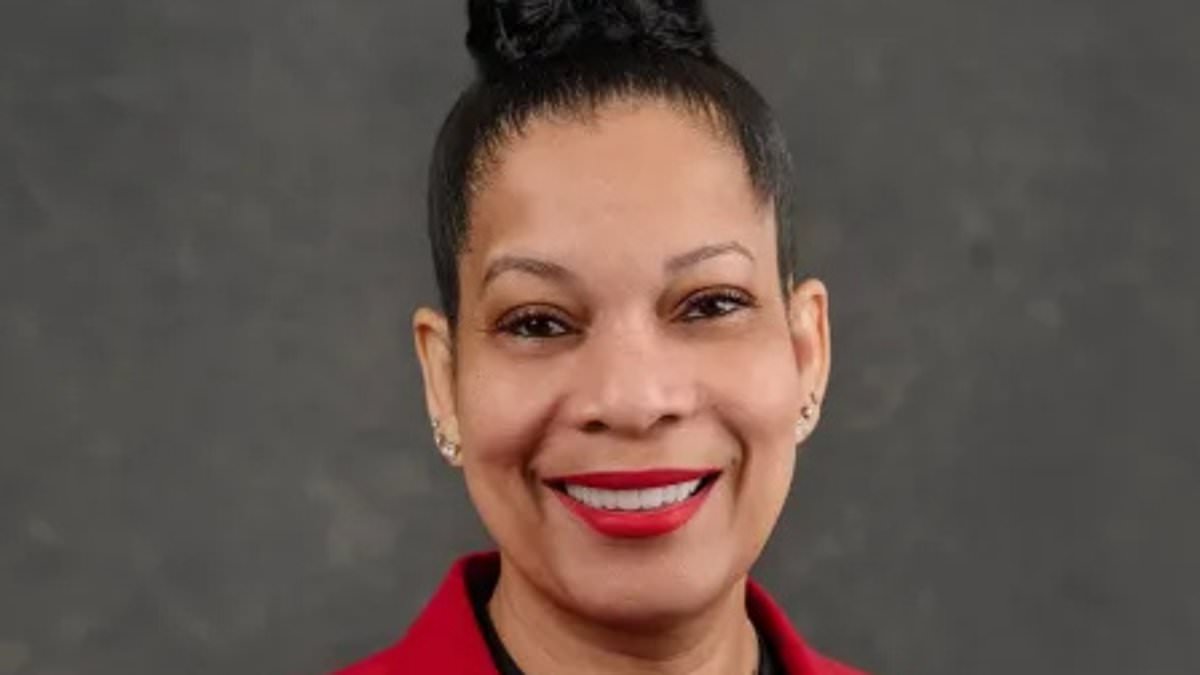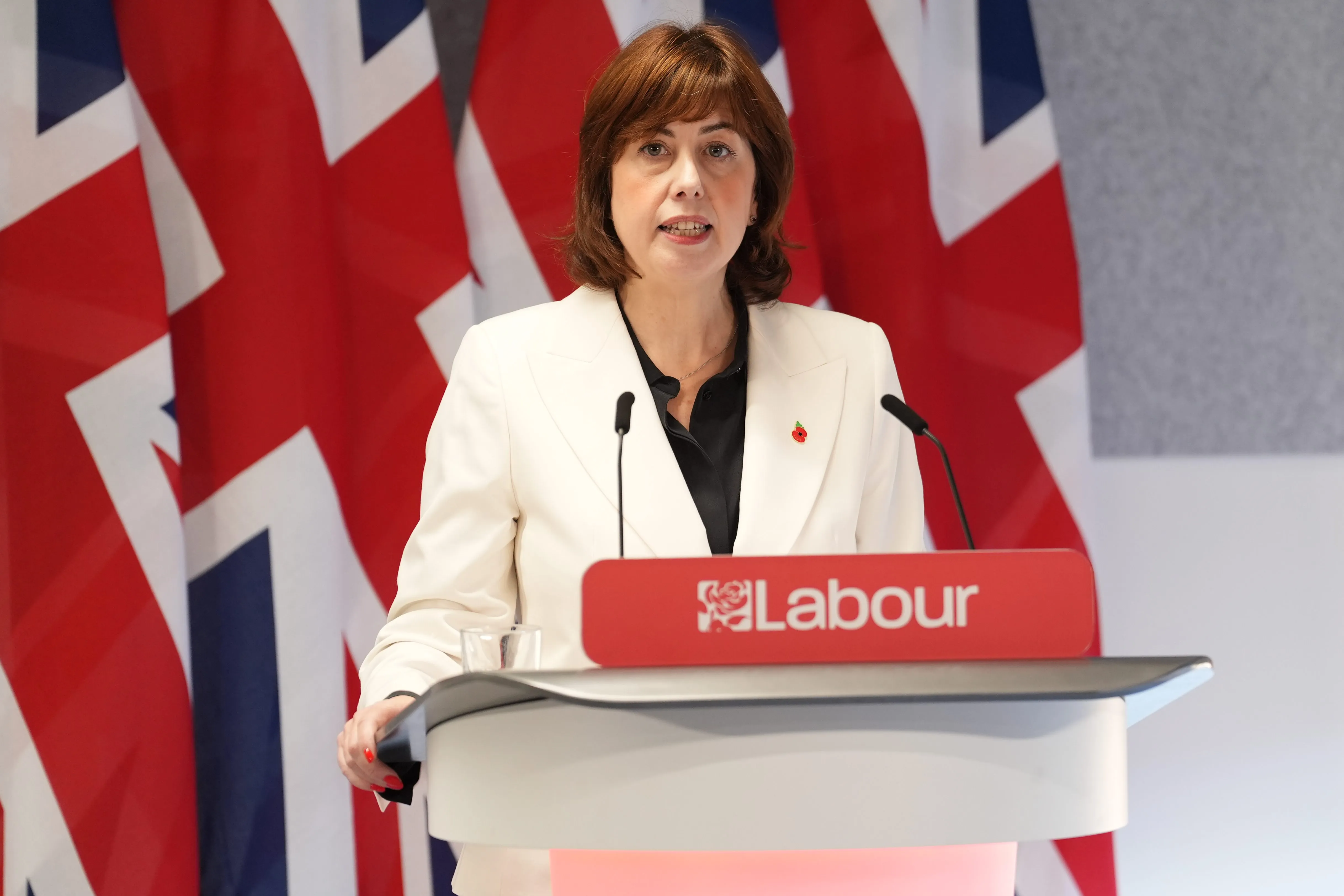Copyright thediplomat

Education at The Koç School begins with a simple but profound belief: learning is not a transaction, but a shared journey with purpose at its core. Guided by this philosophy, the Istanbul-based institution has built a reputation as one of Turkey's most respected schools, combining academic excellence with a deep commitment to holistic education and global citizenship. The Koç School defines itself as a community of lifelong learners with a global perspective, guided by reason and conscience, all grounded in well-being,” General Director Prof. Dr. Murat Günel explains. “Our purpose is to nurture students to become ethical individuals and leaders capable of building a better world. I think it's needed nowadays more than ever. Credit: General Director Prof. Dr. Murat Günel A Curriculum Rooted in Dual Strengths At the heart of Koç's academic philosophy is a blend of national and international standards. The school offers the Turkish Ministry of Education curriculum alongside globally recognized programs such as the International Baccalaureate (IB) Diploma and Cambridge International Curriculum. This dual framework equips students with bilingual and bicultural competencies, preparing them for both local and global opportunities. Equally important is the pedagogy. Research-based and project-driven learning models encourage critical thinking, creativity and problem-solving skills that are indispensable in a rapidly changing world. From STEM subjects to humanities, arts and languages, students are encouraged to approach knowledge as a living, interconnected field rather than as isolated disciplines. Beyond academics, the school fosters growth through a vibrant array of extracurricular activities. Students participate in academic competitions, clubs, social responsibility projects and leadership initiatives. International exchange programs expand their cultural horizons, creating a multidimensional approach to student development—a strategy designed to cultivate both intellectual excellence and social consciousness. Credit: General Director Prof. Dr. Murat Günel A Culture of Well-Being and Shared Growth What distinguishes Koç from many institutions, however, is its belief that education cannot succeed without well-being at the center. At our school, well-being is not an auxiliary support system; it is the foundation of meaningful development, Günel stresses. We strive to cultivate a flourishing school culture in which students, teachers and the entire community can thrive academically, socially and emotionally. For our students, we adopt a holistic approach that goes beyond academic achievement. The school accomplishes this goal by investing in guidance services, mental health initiatives and fostering a culture of care that extends throughout its community. Teachers, too, are nurtured as lifelong learners. Continuous professional development, mentorship opportunities and leadership training programs ensure that educators evolve with their students. Günel described this philosophy clearly: New staff members are helping us to become a better school. As such, we don't want to change newcomers but encourage them to enhance our school instead. I firmly believe that true development stems from a shared philosophy, not just structured strategies. This openness to growth reflects the school's broader vision of inclusivity. Decision-making processes are collaborative, giving voice to students, teachers and administrators alike. Recognition by the Council of International Schools (CIS) has further reinforced this identity, describing Koç as a place of excellence, maturity and respect, with a deep commitment to well-being. Preparing for a Rapidly Changing World Looking beyond its campus, The Koç School sees itself as both a local anchor and a global partner. It cultivates collaborations with Turkish universities, NGOs and educational organizations while also engaging in international projects and networks. These partnerships allow the school to stay agile, adapting to the accelerating changes shaping society—from artificial intelligence to climate disruption. The world is changing so fast, and education overall is too slow to catch up with those changes, Günel reflects. For him, the lesson is clear: schools cannot afford to remain static. They must anticipate what lies ahead, preparing students not only for today's challenges but also for the uncertainties of tomorrow. A Mission that Endures Despite the turbulence of the global landscape, Günel's vision for The Koç School is anchored in resilience, adaptability and enduring purpose. He sees the institution as more than a place of learning; it is a community where intellect is balanced with conscience, ambition with empathy, and local rootedness with global perspective. Koç's aspiration is not measured in rankings or test scores alone, but in the character of its graduates. These are students equipped to lead with integrity, empathy and global competence – qualities the world urgently needs today. As Günel concludes, The Koç School is very conscious, confident and knowledgeable of its role in the educational ecosystem. We need to find a way to help the young generations connect with reality and the future. We're ready and will continue to pioneer new systems, implementations and practices so we won't lose our children's future.” His words echo a philosophy that education, at its best, does not merely follow the pace of change but helps shape the future. This is a sponsored article produced by PangeaGlobe.



